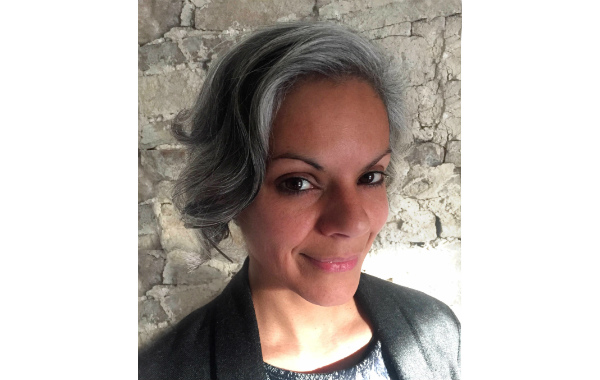
Back in July, Hormoz wrote about positive thinking around mental health, mentioning the success of The HOAX Project and its creator, Ravi Thornton. The reaction to the article was itself very positive so, this month, we've caught up with Ravi to find out more about her important work.
Ravi, we reported in July on you being nominated for the National Lottery Good Causes award – congratulations again! What are your feelings about being nominated?
It was really something to have The HOAX Project recognised by the National Lottery Good Causes Awards. To reach the finals, to be in the top seven arts projects in the UK, to know that as a result we were continuing to raise awareness around psychosis, and to continue my brother’s legacy… it felt very gratifying.
Tell us more about the experiences that led to you creating Hoax and Ziggy’s Wish.
The HOAX Project is based on a poem that my brother, Rob, wrote during the time he lived with schizophrenia. After his suicide, and once I was ready, I used that poem as a starting point to tell Rob’s story. The first part I told via stage musical (HOAX My Lonely Heart), and the second part via graphic novel (HOAX Psychosis Blues). I set up my company Ziggy’s Wish as the vehicle to deliver these artworks.
How did the project go?
We first released the two HOAX artworks in 2014 at Manchester’s Royal Exchange Theatre. The response we got from the public was incredible: exhilarating, humbling and thought provoking in equal measure. There was a real gratitude coming from audiences, that we had told a story so accurately depicting their own experiences or the experiences of those close to them, and that, in doing so, we had given people both license and language to talk about these experiences.
What beneficial outcomes were there?
Any unexpected or surprising ones? This response in 2014 led us to develop the project further, this time with specific aims about mental health stigma and changing attitudes. This meant creating a touring version of the project, and also building an interactive narrative app that house a mental health stigma study. We worked with the Psychosis Research Unit, and toured The HOAX Project across the north of England. We had already seen the impact of the artworks in 2014, but now we were able to capture and scientifically analyse them. The results will be published next year, but they clearly show that the potential of creative and innovative projects like HOAX, to reduce mental health stigma and change attitudes, is very real.
Where do you go from here with the work you do around mental health?
I would like, next, to see The HOAX Project adapted for schools – because I genuinely believe that if we can bring such raw honesty around mental health into schools, we will see a significant impact on the mental health trajectory of young people. Alongside this I am working on some new scripts that explore marginalised people and diversity. And as a company, Ziggy’s Wish is currently developing a series of talks in order to share ideas and promote ways to engage with challenging topics. Our aim is to positively enable the conversations that people, typically, find difficult to have.
Ravi is a multi-award-winning writer from Manchester. She is keenly interested in narrative psychology and narrative innovation for socio-economic benefit, and is involved in extensive exploration of storytelling across multiple platforms.
Find out more about Ravi and Ziggy's Wish here.